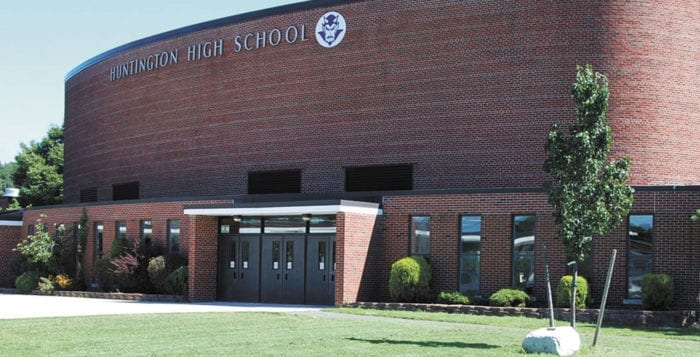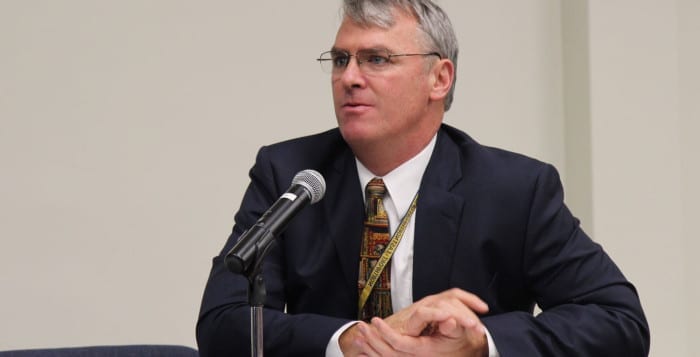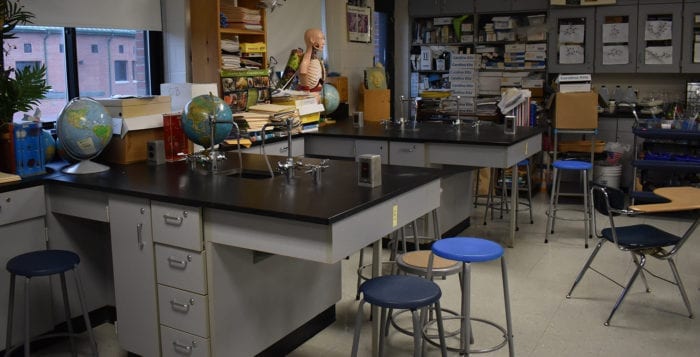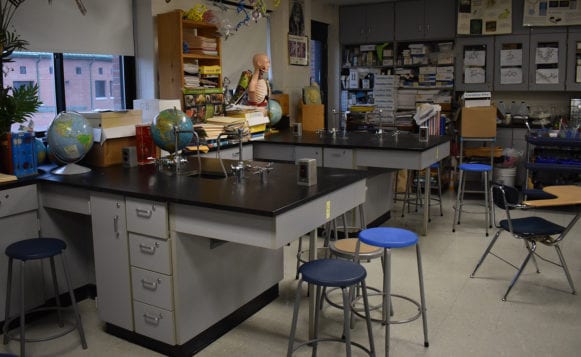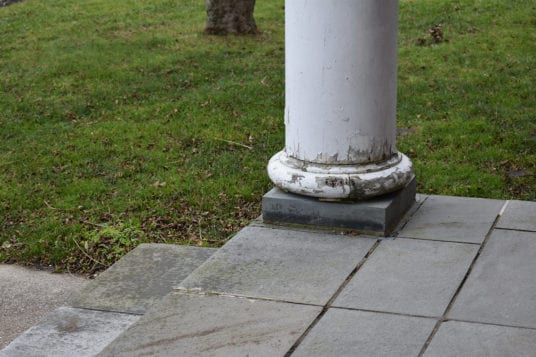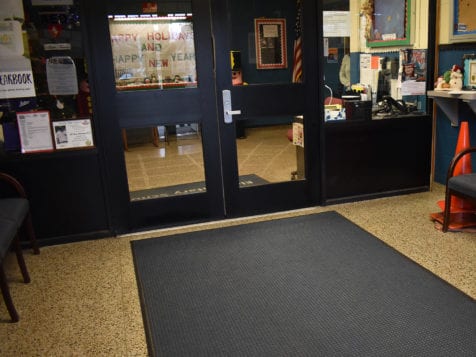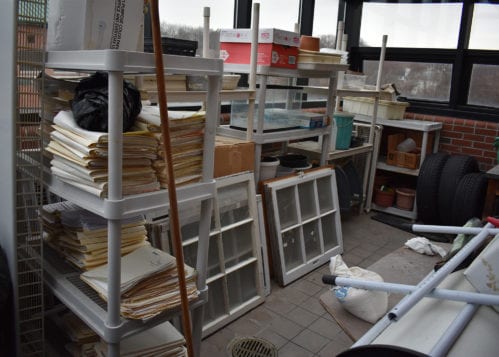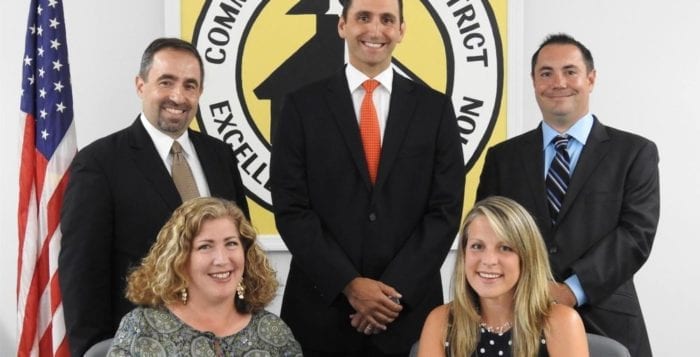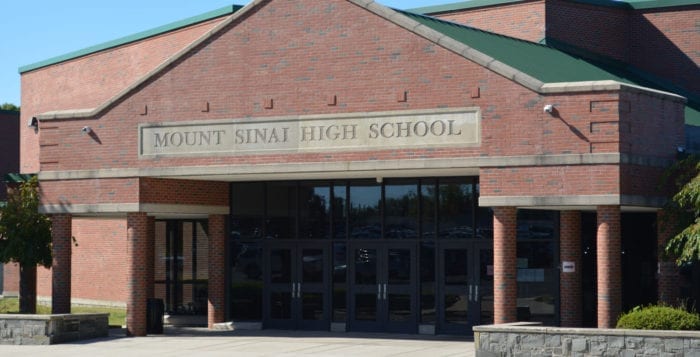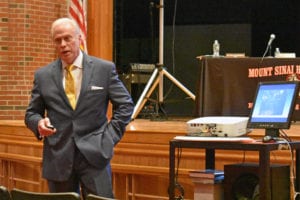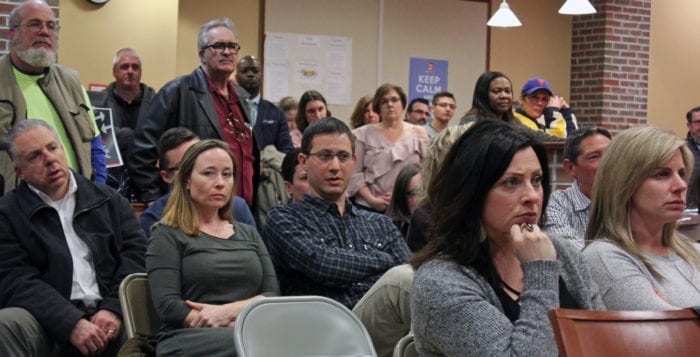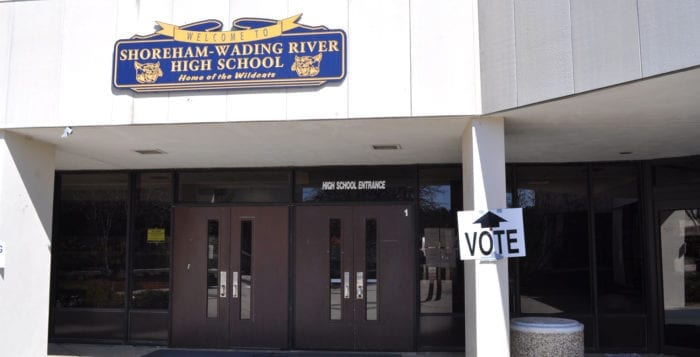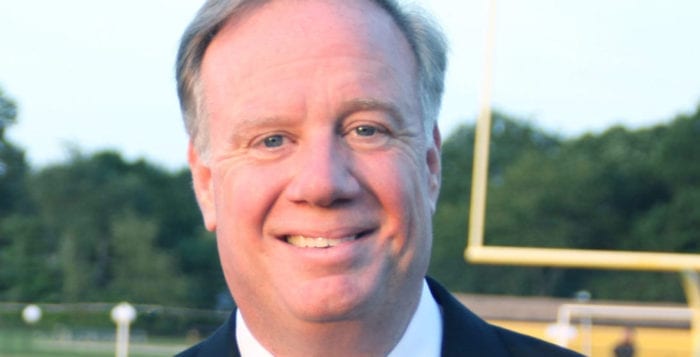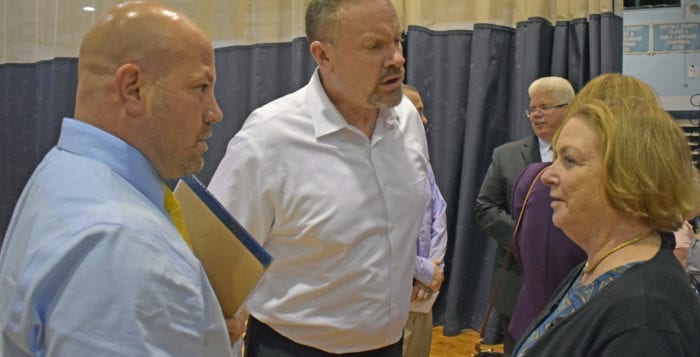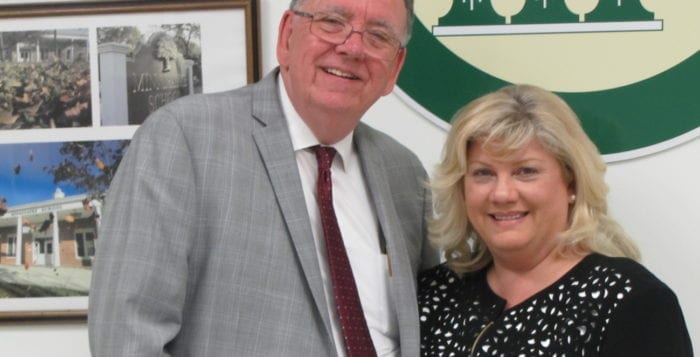Huntington school administrators are cautiously aware of the district’s 2.57 percent tax cap in approaching their strategy to drafting the 2019-20 budget.
Superintendent James Polansky gave his first presentation on the district’s 2019-20 budget with a carefully thought out exposition of the district’s state-mandated tax cap allowing a 2.57 percent tax levy, or an increase of approximately $2.77 million over the current year’s budget.
“That number does not dictate the board will raise taxes by 2.57 percent, they could go above — I wouldn’t advise it — or they could go below,” Polansky said. “2.57 percent is the highest we could go without needing to secure a 60 percent supermajority.”
Huntington taxpayers approved a $129.8 million budget for the current 2018-19 school year, of which 84 percent is paid for by the tax levy on district homeowners and commercial businesses.
“My request of having a librarian in each elementary school is of increasing importance.”
—James Graber
For the upcoming 2019-20 year, the superintendent said the district’s overall tax levy number is higher than 2 percent primarily due to two factors: an assessed growth in the school district’s tax base, which increased the tax levy cap, and $475,611 carried over from last year.
“In basic terms, the carryover means we didn’t levy all we could have to the limit last year,” Polansky said.
In preparing the draft 2019-20 budget, the superintendent said initial estimates show two of the district’s major costs will decrease. The district’s state-mandated contribution rates to the NYS Teachers’ Retirement System and the Employees Retirement System are anticipated to drop.
The proposed 2019 Executive Budget of New York State Gov. Andrew Cuomo (D)contains funding for a number of educational initiatives, but also calls for increasing foundation aid by 1.9 percent statewide. If approved by the state Legislature, Huntington stands to receive $49,615, or a 0.52 percent increase over the current year, which it will have the discretion on how to spend.
James Graber, president of Huntington’s teachers association, called balancing the budget an “unenviable task” but requested the board make several considerations.
“My request of having a librarian in each elementary school is of increasing importance,” he said. “As we are seeking to develop lifelong learners and a love of reading, these resuscitations are critical.”
Graber said currently elementary students only are scheduled for library time once every other week. He also requested more resources be made available to help meet the needs of English language learners and additional classes at secondary school level, where some classes have more than 30 students enrolled.
Polansky encouraged residents or groups with interests in the budget, or a particular interest in the 2019-20 budget, to reach out to his office as soon as possible.
“As the presentations go on into April and we get closer to adopting a budget, that’s sometimes when people start to offer ideas and give food for thought to the administration or the board,” he said. “That’s late in the process, it starts now.”
The district’s next budget presentation will be 7 p.m. Feb. 25 in the auditorium of Jack Abrams STEM Magnet School. The official budget hearing is slated for May 13, prior to the May 21 budget and school board trustee vote.

